
Participants in a stakeholders review workshop on the 2016 presidential and parliamentary elections have said although a lot of accomplishments and positive lessons were learnt, there are still gaps which needed to be addressed in the electoral process.
They have, therefore, underscored the need for the lessons learnt in the last election to be applied to future elections.
For instance, they observed that mistrust and suspicion still existed between the EC and some political parties due to the EC’s lack of transparency and engagement with political parties and candidates on some electoral processes.
At a press conference organised by the Coalition of Domestic Election Observers (CODEO), they hailed the Electoral Commission (EC)?for successfully delivering free, fair and peaceful elections, particulary in the management of the polling process on election day.
The press conference was to present recommendations from the stakeholder workshop which was funded by the United States Agency for International Development (USAID).
Electoral gaps
Presenting the CODEO report, Justice VCRAC Crabbe, a co-chair of the CODEO election 2016 review workshop team, mentioned some of the challenges observed to include persistent gaps with the credibility of the voters register, particularly issues relating to establishing the eligibility of registrants, challenges with cleaning the register to remove names of deceased persons, and in the conduct of periodic and continuous voter registration.
He added that the group observed that filing fees set for candidates, obtaining accreditation for domestic election observers and media were arbitrary, saying the GH?50,000 for presidential and GH?10,000 for parliamentary candidates were too high.
Issues of exclusion, he said, still remained in terms of opportunities for women in the political and media space, adding that vote buying and selling bedeviled the Ghanaian political landscape.
Justice Crabbe also said the group observed that the continuous and uncontrolled abuse of incumbency during elections was of major concern.
Positives
He indicated that despite all these challenges, there were some positives which included an improvement in the media’s ability to access information on election issues from the EC, political parties, civil society organisations (CSOs) and other stakeholders in a timely manner.
He said a media creation of platforms for issue-based campaigning and policy discourse as well as collaboration among key election stakeholders and the media was also improved.
Justice Crabbe also said there was an improvement in the level of physical accessibility enjoyed by persons with disability (PWDs) in the electoral processes as voter educational materials were made in braille and sign language interpreters were used at main campaign rallies of the two major political parties; that is the New Patriotic Party (NPP) and the National Democratic Congress (NDC).
Participants in a stakeholders review workshop on the 2016 presidential and parliamentary elections have said although a lot of accomplishments and positive lessons were learnt, there are still gaps which needed to be addressed in the electoral process.
They have, therefore, underscored the need for the lessons learnt in the last election to be applied to future elections.
Read Full Story



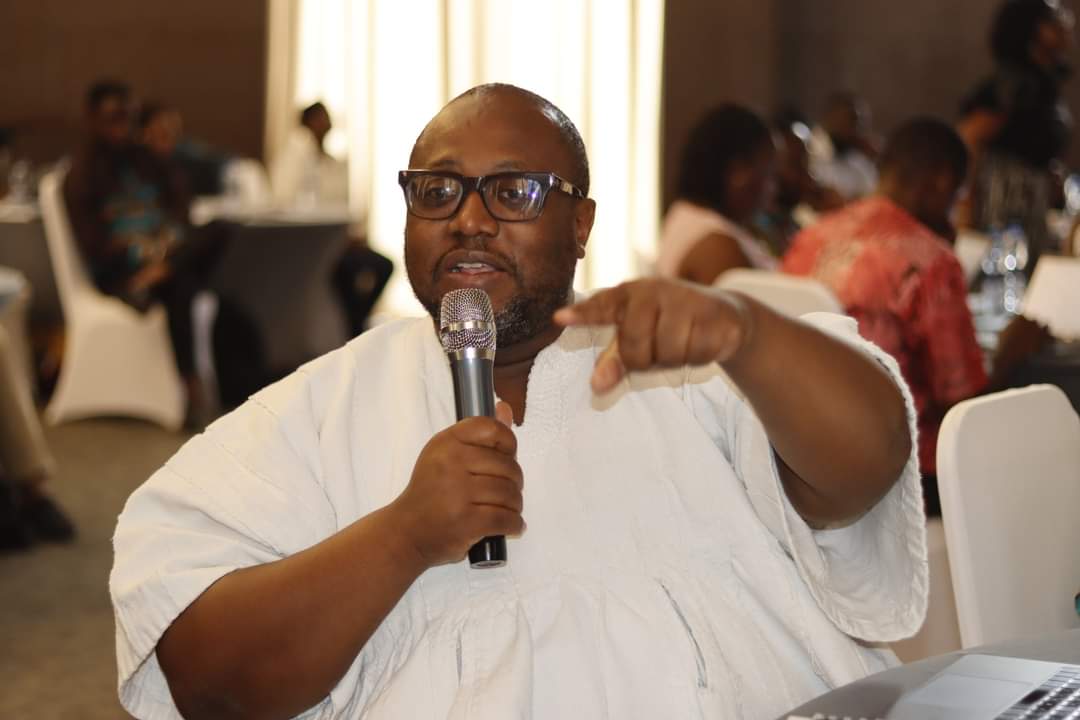

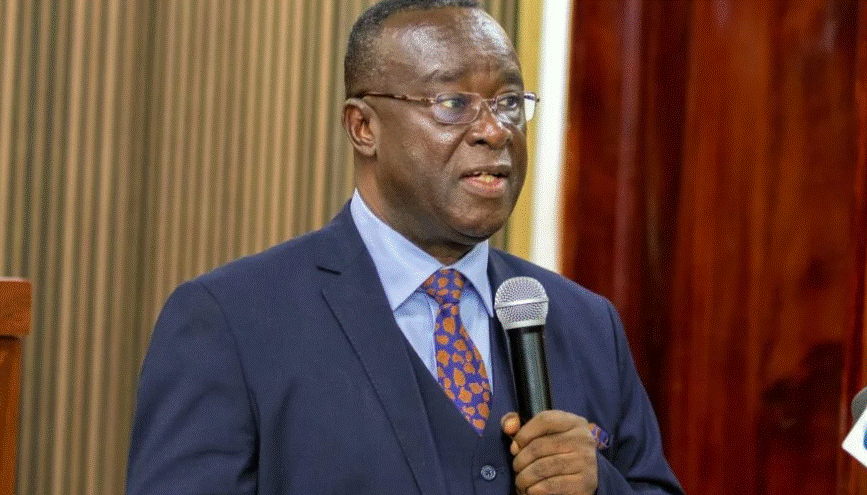
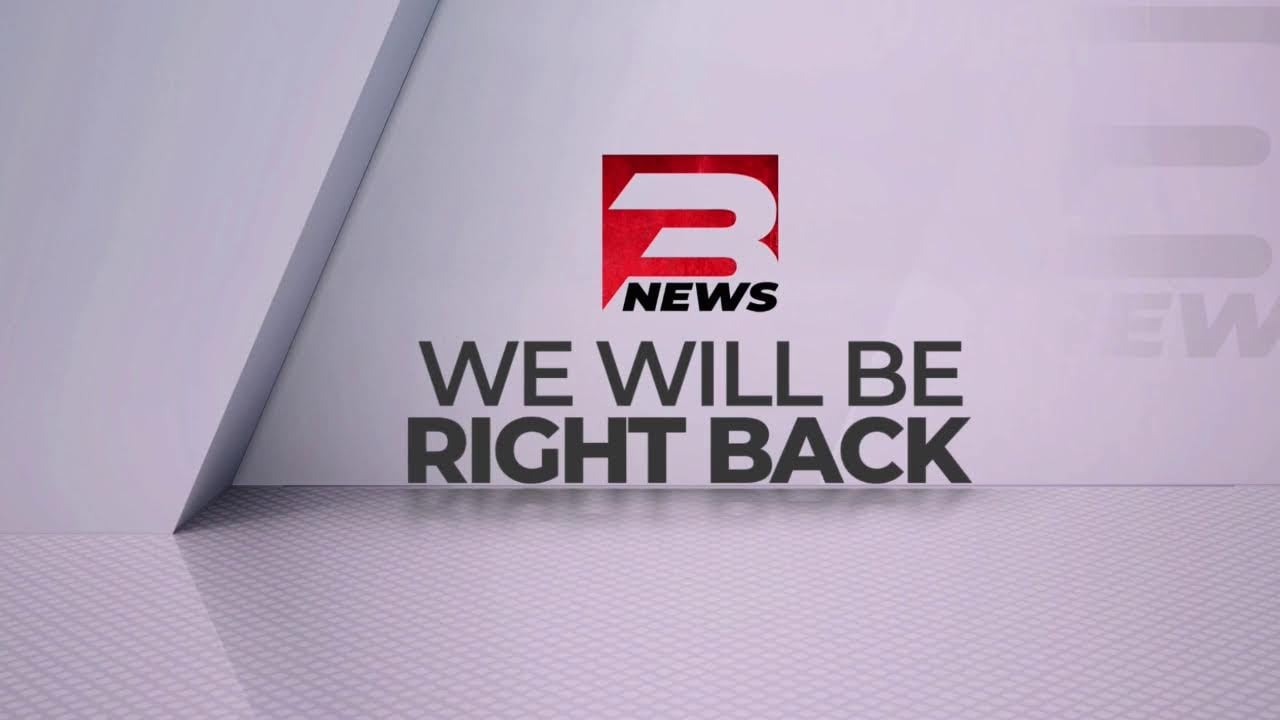
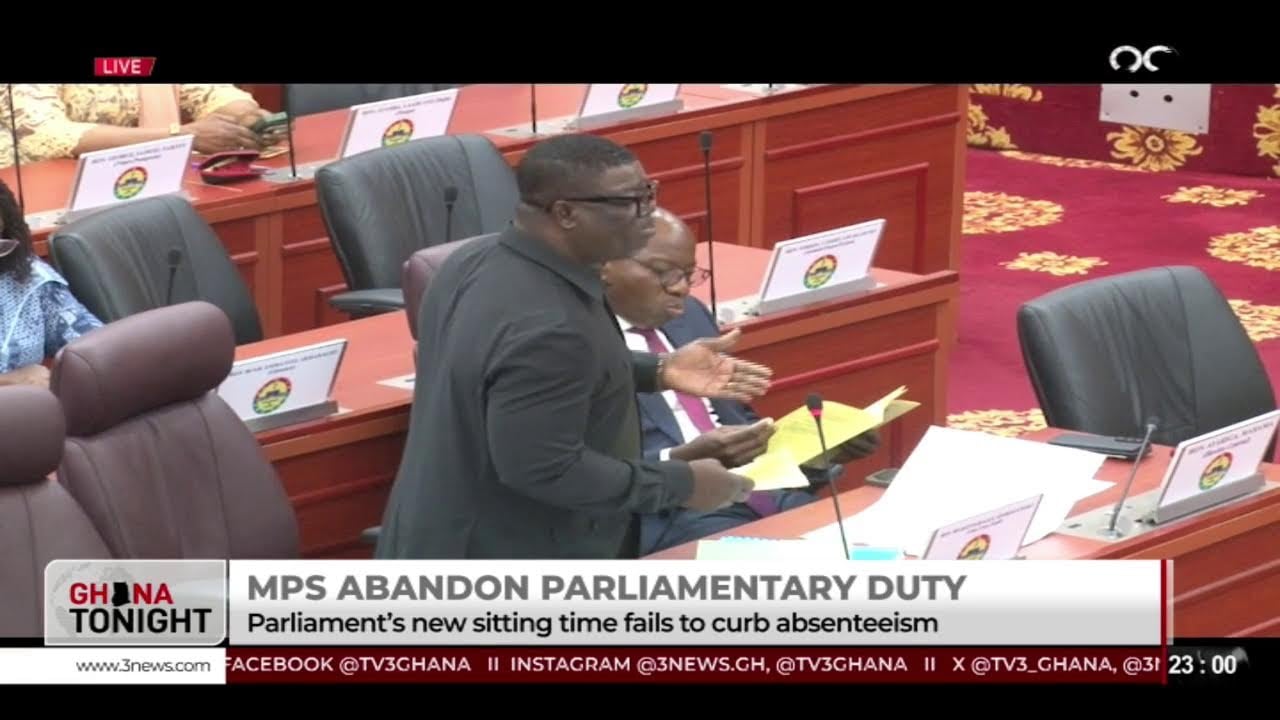
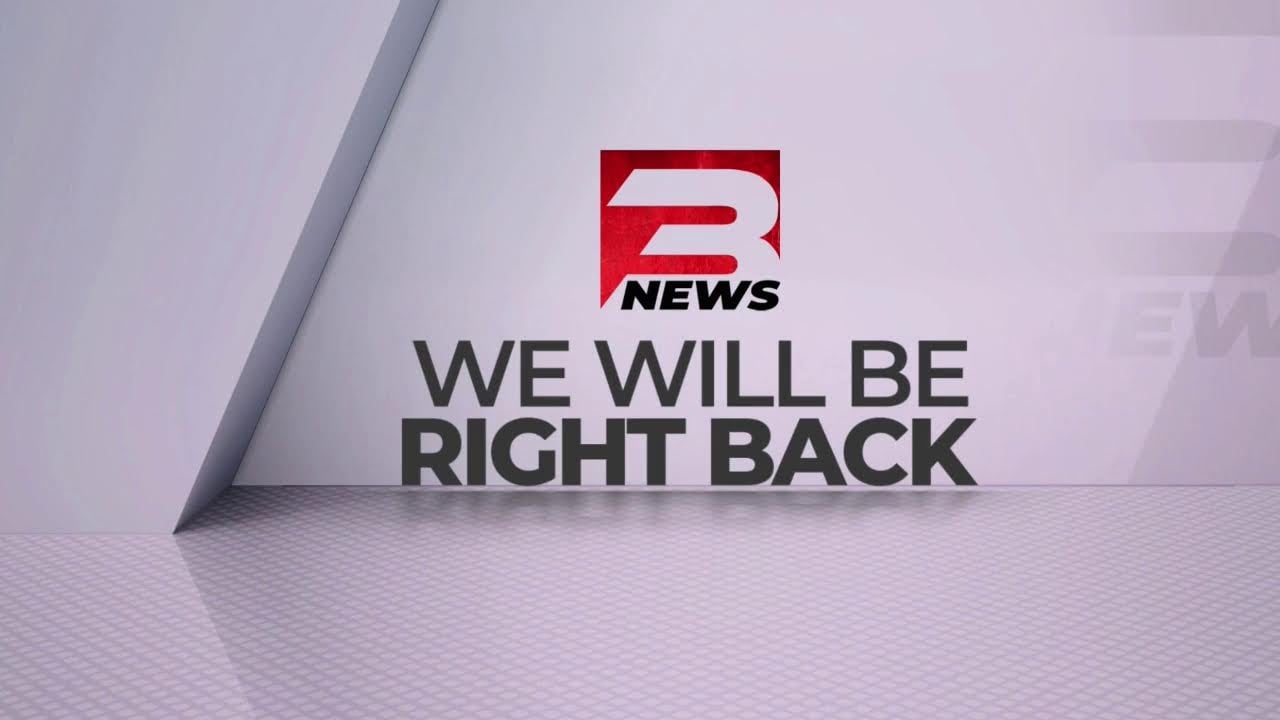
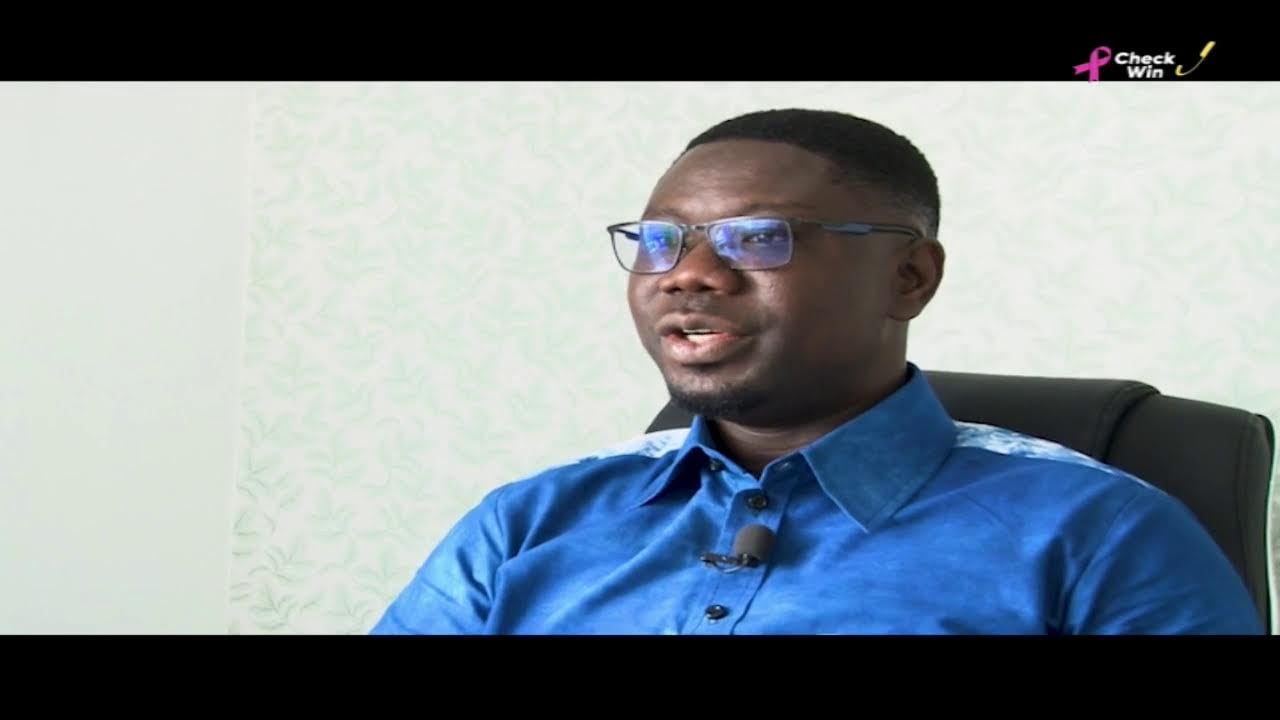
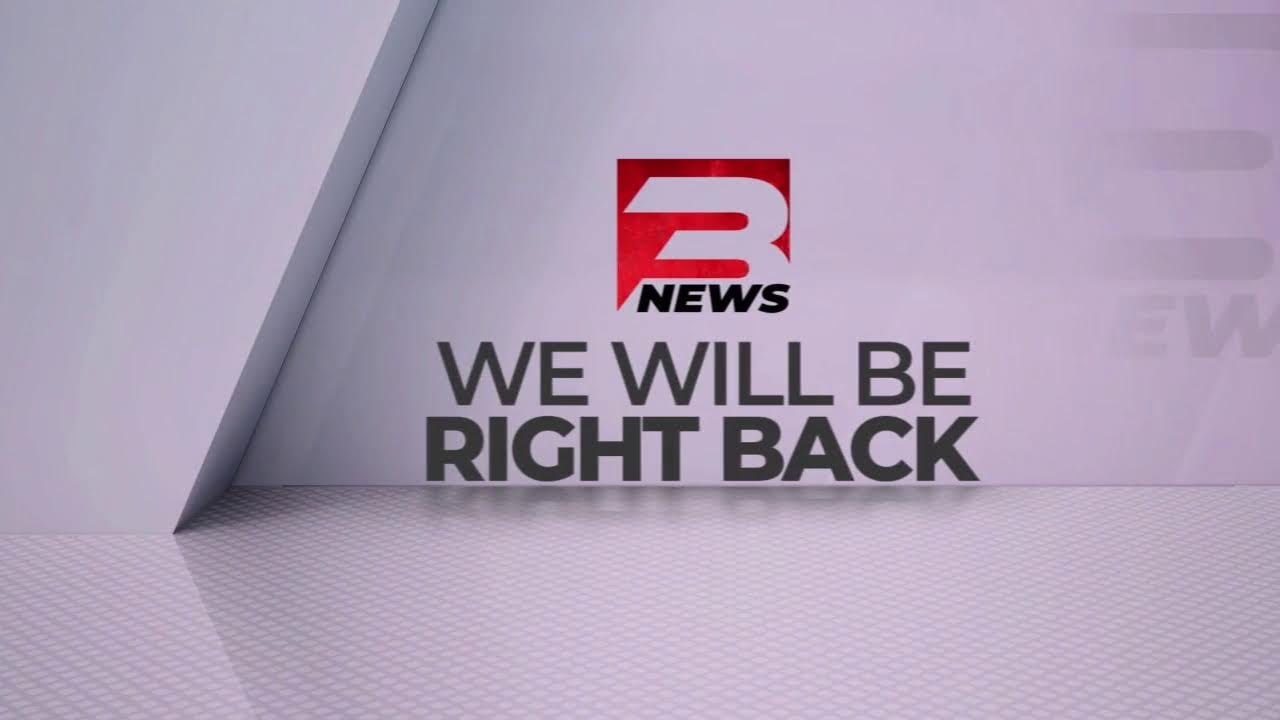



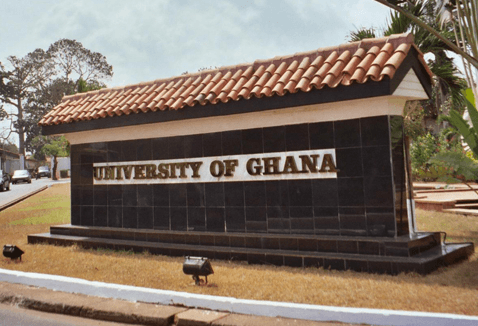








Facebook
Twitter
Pinterest
Instagram
Google+
YouTube
LinkedIn
RSS